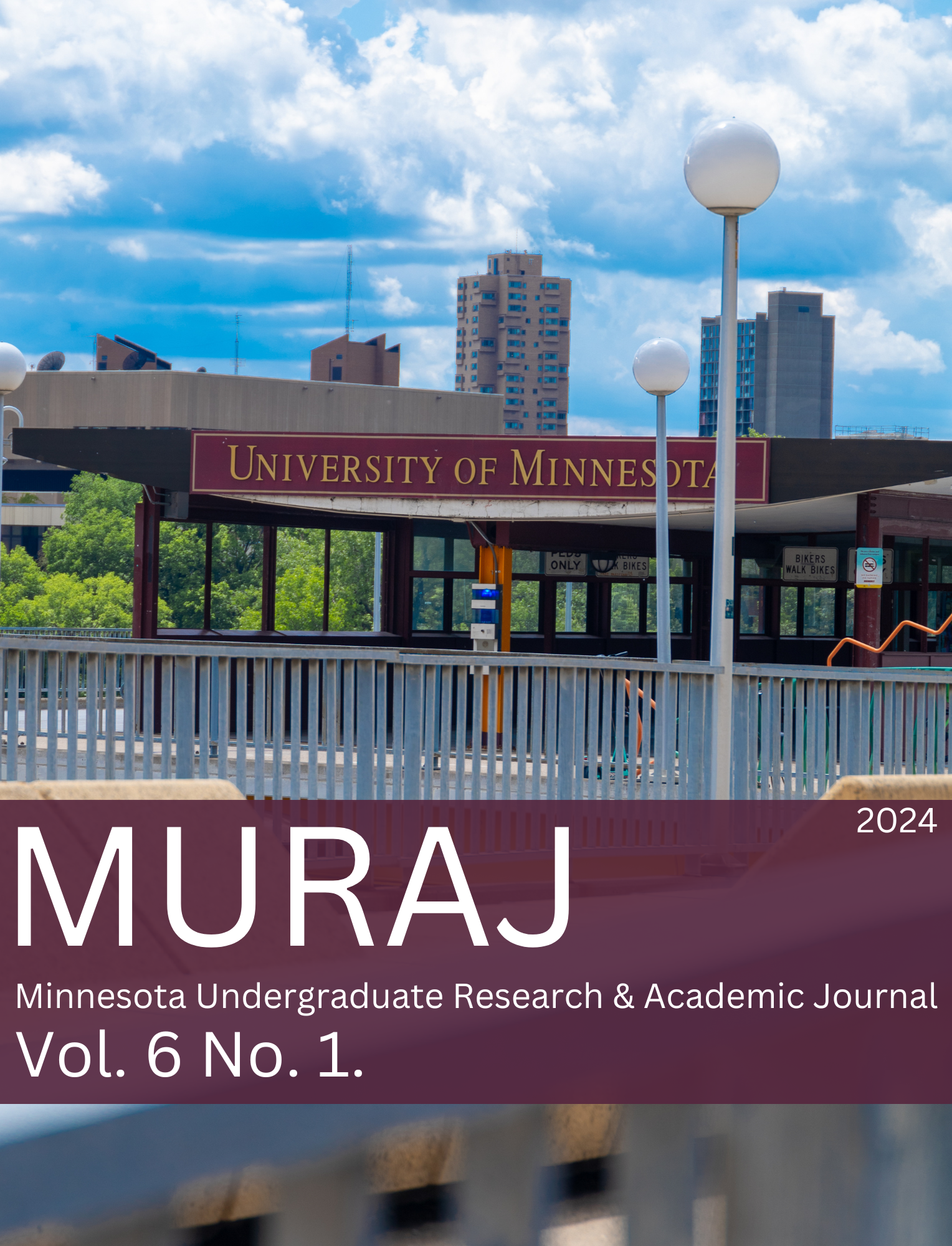Law and Collective Memory: International Military Tribunal for the Far East and Japanese Collective Memory of the Nanjing Massacre
Main Article Content
Abstract
This paper examines the role of law in influencing collective memory. It specifically analyzes how the International Military Tribunal for the Far East (IMTFE) shaped post-war Japan’s collective memory regarding the Nanjing Massacre, which is the mass murder of an estimated 200,000 to 300,000 Chinese civilians by the Imperial Japanese Army in 1937 during World War II. An analysis of the Nanjing Massacre’s description in Japanese textbooks published from the 1940s to the 2000s, shows that the IMTFE’s narrative has become a prominent constituent of Japanese collective memory. Nevertheless, due to criminal law’s institutional logic, including the trials’ adversarial nature, criminal law’s focus on individual perpetrators, and IMTFE’s substantivized application of the law, the IMTFE record facilitates a selective remembrance of the Nanjing Massacre among the Japanese public and gives rise to ambiguous historical narratives. This case study sheds new light on the intricate relationships between the law and collective memory.
Article Details

This work is licensed under a Creative Commons Attribution-NonCommercial 4.0 International License.

All work in MURAJ is licensed under a Creative Commons Attribution-Noncommercial 4.0 License
Copyright remains with the individual authors.

